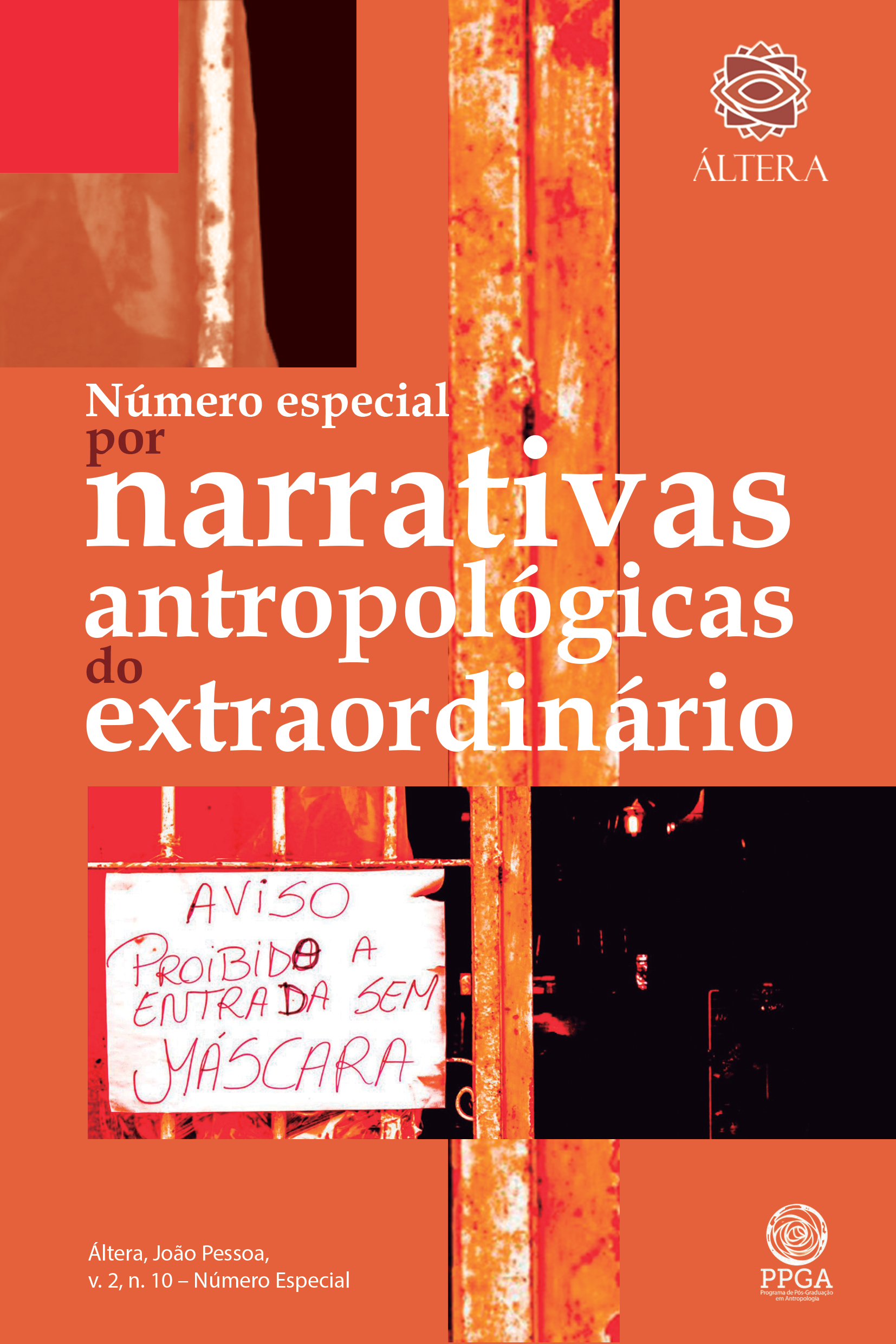“The class is different"
teenager’s experiences from a private school applying remote class model
DOI:
https://doi.org/10.22478/ufpb.2447-9837.2020v2n10.55916Abstract
A pandemic caused by the new coronavirus (COVID-19) implied changes in the daily life of human relationships, including those with no education. The suspension of face-to-face activities in educational institutions and the implementation of remote teaching in the basic network mobilized students and teachers to embark on this new teaching and learning activity. As a teacher, one of the authors follows the process of implementing remote classes in a private educational institution in the State of Paraíba. Along this path, with participant observation at home and applying an online questionnaire through the Google Forms platform, we seek to understand students' experiences in the model of remote classes. During a search like opinions of students pointed to an intersection point; for more than the current experience is "uncomplicated" as issues such as distraction and mobilization as collateral feelings are triggered more easily, so as attending lectures are more productive.
Downloads
Downloads
Published
Issue
Section
License
- Autores mantém os direitos autorais e concedem à revista o direito de primeira publicação, com o trabalho simultaneamente licenciado sob a Licença Creative Commons Attribution que permite o compartilhamento do trabalho com reconhecimento da autoria e publicação inicial nesta revista.
- Autores têm autorização para assumir contratos adicionais separadamente, para distribuição não-exclusiva da versão do trabalho publicada nesta revista (ex.: publicar em repositório institucional ou como capítulo de livro), com reconhecimento de autoria e publicação inicial nesta revista.
- Autores têm permissão e são estimulados a publicar e distribuir seu trabalho online (ex.: em repositórios institucionais ou na sua página pessoal) a qualquer ponto antes ou durante o processo editorial, já que isso pode gerar alterações produtivas, bem como aumentar o impacto e a citação do trabalho publicado (Veja O Efeito do Acesso Livre).



